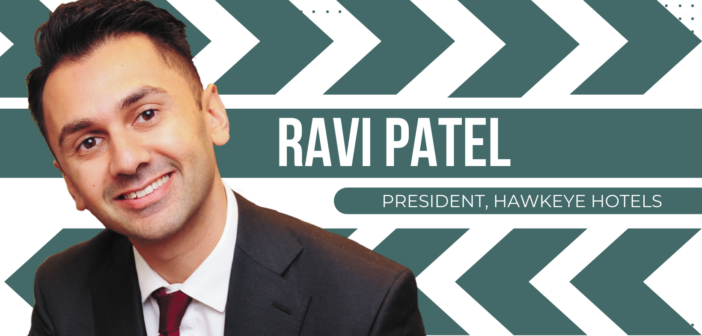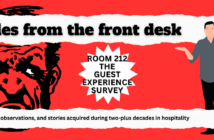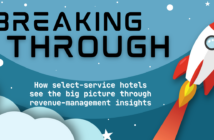An extended conversation with Hawkeye Hotels President Ravi Patel on his roots, the current state of the industry, and how hoteliers can brace for the inevitability of change.
HOW DID YOU FIRST GET INVOLVED IN THE HOSPITALITY INDUSTRY AND WHAT HAS KEPT YOU HERE?
Like many Asian Americans, my family purchased their first roadside motel (in 1982) in a small town in Arkansas. Even as school children, my siblings and I worked every job within the hotel and helped my dad run a paper route early in the morning to give ourselves the best chance at success.
My parents were the embodiment of drive, ambition, hard work, and perseverance. They inspired all their children to join them in growing Hawkeye Hotels to new levels of growth and excellence. Although I knew from a young age that hotels were my passion, I quickly realized that being a hotelier could mean more than just owning a few hotels. This industry was flush with endless opportunities for me and everyone around me. Through the years, our small family business evolved into a robust, vertically integrated hospitality management and development company, employing thousands across the country. Since we were given the opportunity to achieve the American Dream, our goal now is to ensure that every associate in our organization has a shot at achieving it too.
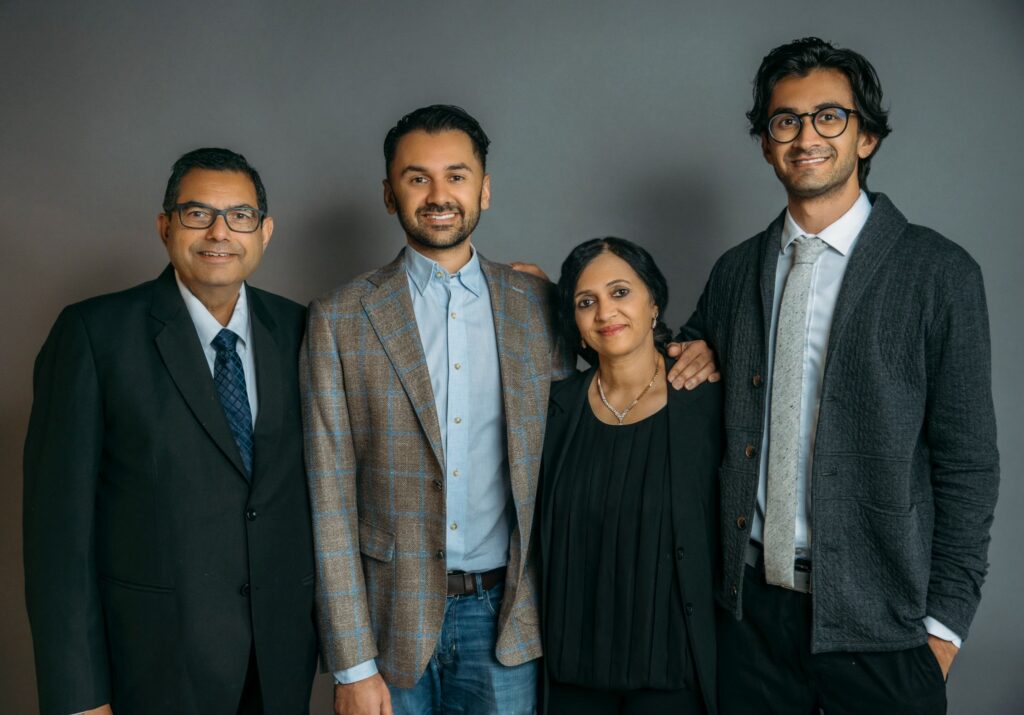
[L-R]: Bob, Ravi, Angie, and Raj Patel
I joined the family business full time in 2008, right before one of the largest financial crises our country had endured since the Great Depression. I witnessed firsthand the enormous challenges of trying to grow a business in perilous economic conditions and the financial strain afflicting our associates. Weathering this storm as a young hotelier helped me build the confidence and ingenuity needed to navigate other hurdles to come. Perhaps the most severe challenge was the global pandemic, which, at its height, wreaked havoc on our industry and wiped out 90% of our revenues. While the industry is relatively stable now, it seems as if major economic crises that are even more complex are coming at us with increased velocity.
A few other major differences I’ve noticed through the years include a tightening labor market and critical supply chains that are being constrained. With historic levels of sustained inflation, it has become much more difficult to build, staff, and operate hotels. Moreover, the hotel industry has become incredibly capital intensive. Project costs have skyrocketed and equity checks are significantly larger. This poses a considerable barrier to entry for aspiring hoteliers just starting out in the industry. In today’s market, it’s much more difficult to grow a real estate company at breakneck speed as we were able to do when I started 15 years ago. These barriers to entry make it harder to motivate the next generation of hoteliers and puts our industry at risk of missing out on the sparks of innovation that come when you bring more people to the table.
WHAT ARE YOUR OBSERVATIONS REGARDING YOUNGER GENERATIONS AND THEIR INTEREST IN OPERATING A HOTEL, AND HOW CAN WE CONTINUE TO DRAW THEM INTO THE INDUSTRY?
 Many of the up-and-coming hoteliers I interact with are deeply interested in making a positive impact in our industry and our society. They want to leave a legacy that benefits those around them and future generations. Moreover, many of them have different views on how to scale, innovate, and modernize the hotel industry that will lead to rapid growth in the future. I’ve seen that sometimes this can put them at odds with the generations before them, which understandably tend to be more conservative in their operations and development strategy. Whereas our parents and grandparents had no other choice than to adhere to a traditional business model, we know that transformative change often comes with risk and daring.
Many of the up-and-coming hoteliers I interact with are deeply interested in making a positive impact in our industry and our society. They want to leave a legacy that benefits those around them and future generations. Moreover, many of them have different views on how to scale, innovate, and modernize the hotel industry that will lead to rapid growth in the future. I’ve seen that sometimes this can put them at odds with the generations before them, which understandably tend to be more conservative in their operations and development strategy. Whereas our parents and grandparents had no other choice than to adhere to a traditional business model, we know that transformative change often comes with risk and daring.
When you consider that approximately half of the hotels in the United States are owned by individuals from the Indian subcontinent – and here in America we’re on the second and third generation of family hoteliers – these emerging leaders have a sizable advantage over other individuals who want to enter the hotel industry. This is one of the legacies of our forebears, and we now have a responsibility to build upon this foundation.
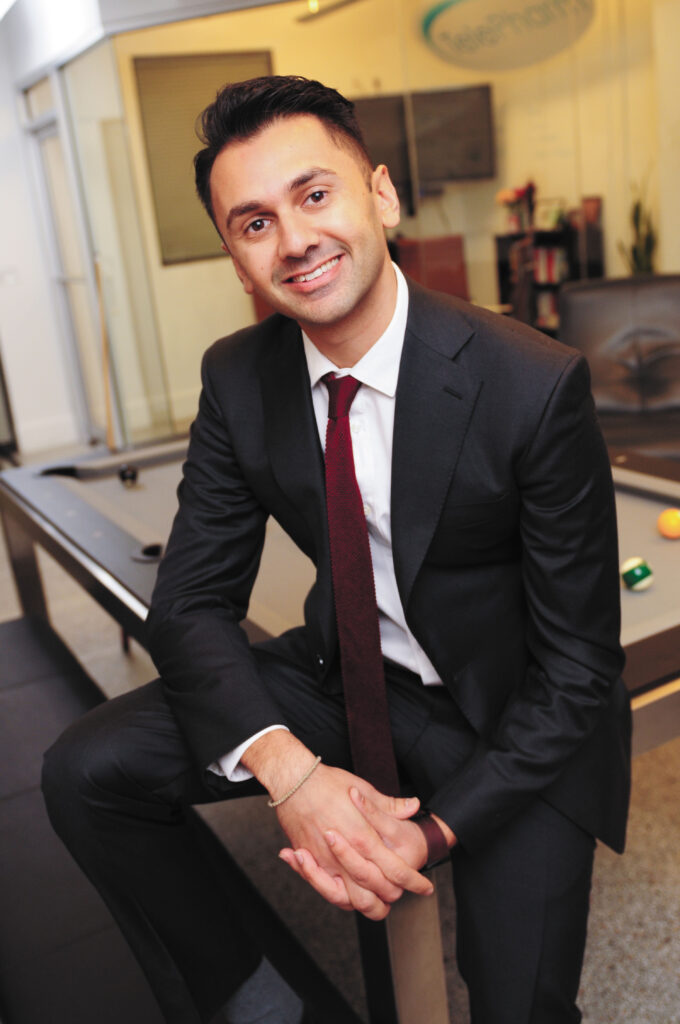 HOW HAS YOUR INVOLVEMENT WITH AAHOA AFFECTED YOUR OUTLOOK AND YOUR BUSINESS?
HOW HAS YOUR INVOLVEMENT WITH AAHOA AFFECTED YOUR OUTLOOK AND YOUR BUSINESS?
AAHOA was formed to level the playing field for Asian- and Indian-American hoteliers who faced significant challenges within the industry. When my parents first started out, it was tough to get a loan. It was tough to get insurance. Quite simply put, it was tough to do business in America.
AAHOA and the first generation of hoteliers paved the way for me. I understand my responsibility to build upon this so that future generations will be proud to be a part of it. I constantly strive to set an example for the next generation of hoteliers. This is why Hawkeye Hotels has been innovating its business processes and, importantly, willing to partner with, hire, and empower next generation talent. Guided by the idea that the culture we create should attract new talent and become a hub for innovation. On a larger scale, we must all be forward-thinking. We must be willing to embrace change. We must lean into innovation and ultimately, leverage the boundless potential of conscious capitalism, to create an industry with both economic might as well as the power to change the world.

